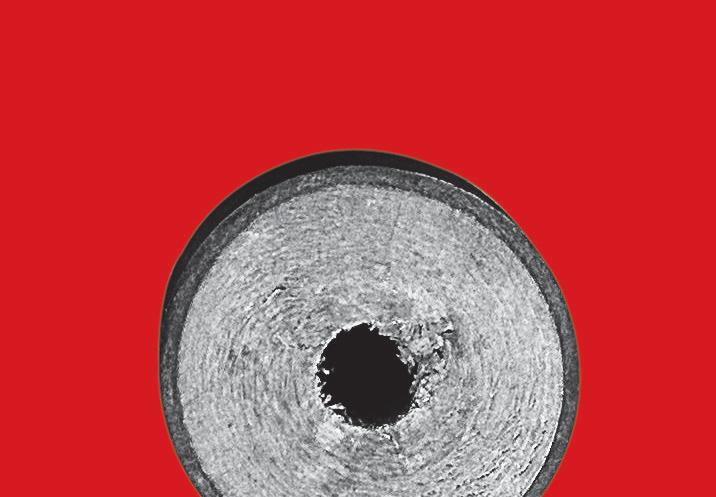
If you know how a trick is done, if you have peered through the smoke and looked past the mirrors, if you have figured out how the illusion is accomplished, surely you can no longer be fooled by it? Surely? The smoke-and-mirrors trick I thought I had seen through sits at the centre of British history, how it is generally taught and understood.
The illusion in question works like this: it marginalises the histories of slavery and empire, corralling them into separate annexes. It creates firewalls that neatly compartmentalise history, rendering almost invisible the great flows of money, raw materials, people, and ideas that moved, back and forth, between distant plantations on colonial frontiers and the imperial mother country.
It conceals the history of slavery and the slave trade behind a distorted and exaggerated memorialisation of abolition and a select number of the leading male abolitionists. It presents the Industrial Revolution as a phenomenon that sprang whole and complete from native British soil, but is suspiciously silent about the source of much of the capital that funded it and equally mute as to where certain key industrial raw materials came from and who produced them.
The trick was constructed over centuries by politicians, lobbyists, and journalists who sought to create a highly romanticised version of our national story. They were assisted by generations of historians who were equally determined to construct British history around the biographies of "great men" whose achievements, they believed, proved the nation's supposed exceptionalism. The illusion has long shaped the history delivered to us at school and, as we are not taught of the existence of the redacted and missing chapters, we have no reason to go in search of them. This approach to the past is so powerful that it is capable - as I recently discovered - of triggering a form of cognitive dissonance.
Esta historia es de la edición March 31, 2023 de The Guardian Weekly.
Comience su prueba gratuita de Magzter GOLD de 7 días para acceder a miles de historias premium seleccionadas y a más de 9,000 revistas y periódicos.
Ya eres suscriptor ? Conectar
Esta historia es de la edición March 31, 2023 de The Guardian Weekly.
Comience su prueba gratuita de Magzter GOLD de 7 días para acceder a miles de historias premium seleccionadas y a más de 9,000 revistas y periódicos.
Ya eres suscriptor? Conectar

The Saudi football World Cup is an act of violence and disdain
Well, that's that then. In the event there were only two notes of jeopardy around Fifa's extraordinary virtual congress last week to announce the winning mono-bids, the vote without a vote, for the right to host the 2030 and 2034 football World Cups.

AI has made the move into video and it's worryingly plausible
I recently had the opportunity to see a demo of Sora, OpenAI's video generation tool, which was released in the US last Monday, and it was so impressive it made me worried for the future.

With tyrant Assad ousted, Syrians deserve support and hope
Last week, time collapsed. Bashar al-Assad's fall recalled scenes across the region from the start of the Arab spring almost 14 years ago. Suddenly history felt vivid, its memories sharpened. In fact it no longer felt like history.

TV
The Guardian Weekly team reveals our small-screen picks of the year, from the underground vaults of post-apocalyptic Fallout to the mile-high escapism of Rivals

Albums
Murky love stories, nostalgic pop and an in-your-face masterpiece captured our critics' ears in 2024

Film
Visual language, sound, light and rhythm are to the fore in the best movies of the year

Hidden delights Our 24 travel finds of 2024
Guardian travel writers share their discoveries of the year, from Læsø to Lazio

'It's really a disaster' The fight to save lives as gang war consumes capital
Dr James Gana stepped out on to the balcony of his hospital overlooking a city under siege. \"There's a sensation of 'What's next?'. Desperation is definitely present,\" the Médecins Sans Frontières (MSF) medic said, as he stared down at one of scores of camps for displaced Haitians in their country's violence-plagued capital.

Trailblazers The inspiring people we met around the world this year
From an exuberant mountaineer to a woman defiantly facing the guns of war, here are some of the brave individuals who gave us hope in a tumultuous 2024

Votes of confidence
From India to Venezuela and Senegal to the US, more people voted this year than ever before, with over 80 elections across the world. With rising authoritarianism and citizen-led resistance revealing its vulnerabilities and resilience in the face of unprecedented challenges, has democracy reached its breaking or turning point?